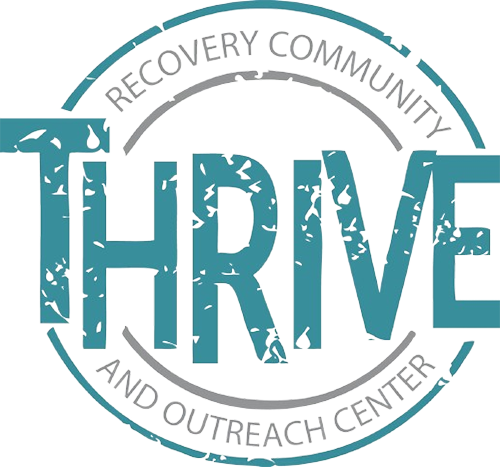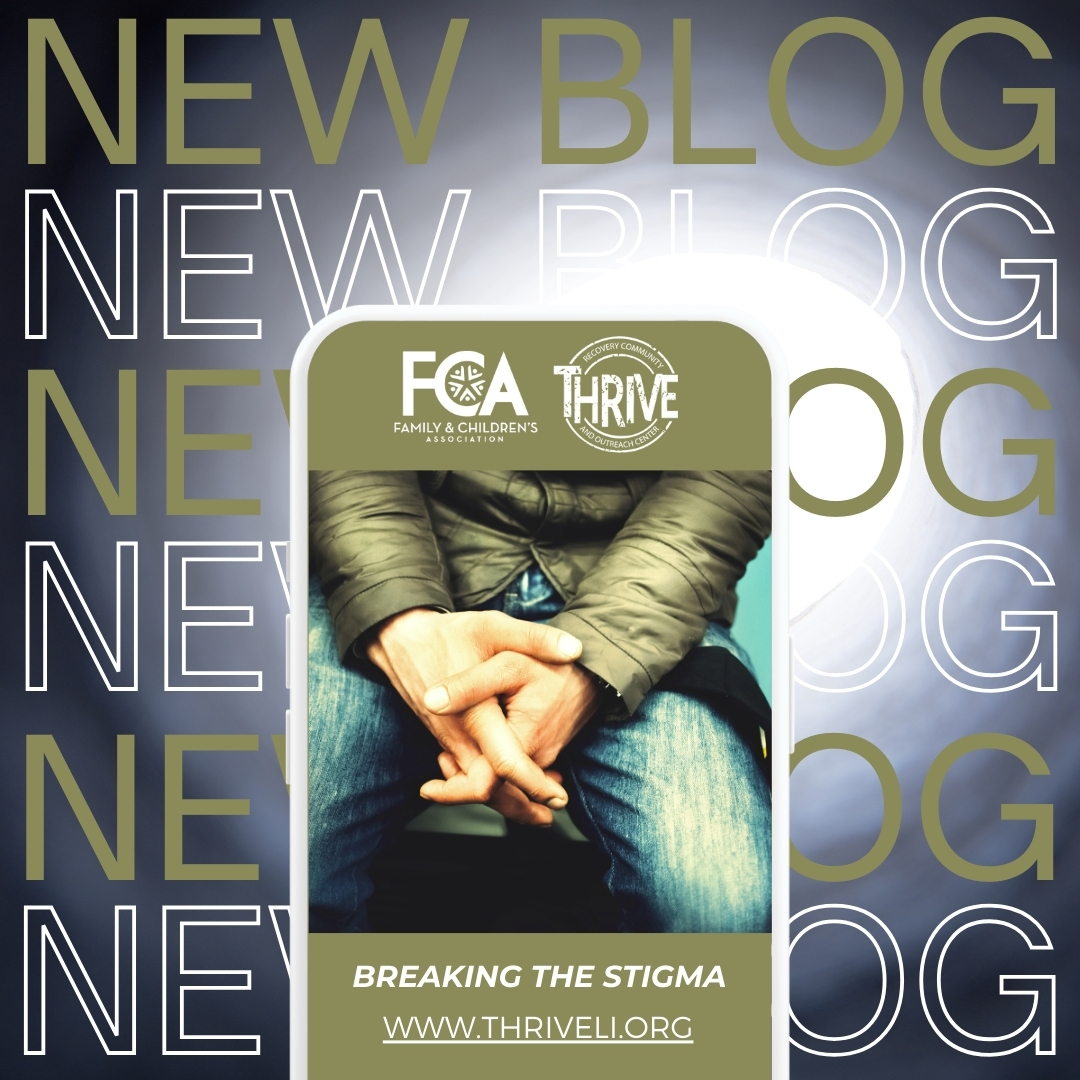Substance use disorder can be extremely debilitating and even deadly when left untreated. Turn on the
local news and you can see just how devastating it has been to our community.
Combine a mental health condition with SUD and you have an even more lethal combination.
Roughly one third of individuals living with SUD also live with a mental health condition and according to
the Journal of the American Medical Association, roughly 50% of individuals with severe mental health
conditions are affected by substance use disorder.
As a person in long term recovery, living with both SUD and mental health conditions, I can tell you it was
an incredibly tough road to navigate, not only because of the conditions themselves but because of the
stigma attached to them.
Even though SUD and mental health conditions are both treatable medical disorders, people living with
those conditions still face a tremendous amount of discrimination. One of the reasons this stigma exists
is because both conditions are incredibly hard to detect and even harder to understand for people not
familiar with or living with the conditions themselves.
When a person is diagnosed with cancer or let’s say, diabetes, most loved ones, friends and co-workers
are incredibly supportive or sympathetic to that individual from the get-go. But when an individual has
SUD or a mental health condition, they are most often on the receiving end of discrimination, judgment
and even anger from their immediate support group.
Stigma is extremely harmful to people with SUD and mental health conditions. In fact, it is one of the
main reasons preventing people from seeking any kind of treatment.
As a result of the attitudes, negative bias and stereotypes attached to SUD and mental health conditions,
people living with these conditions might experience shame, guilt and even fear.
In other words, stigma makes things worse.
What can we do to break the stigma?
Scratch that.
What must we do to break the stigma?
Here are a few…
We can educate our friends, family, and members of the community. If you know a medical professional
or someone living with SUD or a mental health condition, ask questions and seek answers. The more we
know, the less we presume.
Use person centered language. Replace words and terms describing SUD and mental health conditions
that are hurtful or negative, with words that are positive and empowering. For instance, substance use
disorder over addiction and mental health conditions instead of mental illness. You would be surprised at
the impact language has on people. Let’s choose our words with empathy and kindness.
Something we can all do to help break stigma is speak out and support.
If you are living with SUD or a mental health condition, there are ways you can help. New York has Peer
Certification programs that give people with lived experience an opportunity to advocate for their peers.
Lastly, pick a platform and start the conversation. Speaking out creates awareness and awareness is a
catalyst for change.
There are people out there that need help.
We are all human.
A mentor of mine shared a bit of wisdom with me that I will carry with me always. She said, “do not be a
part of the problem. Be a part of the solution.”
Let’s try and start there.

